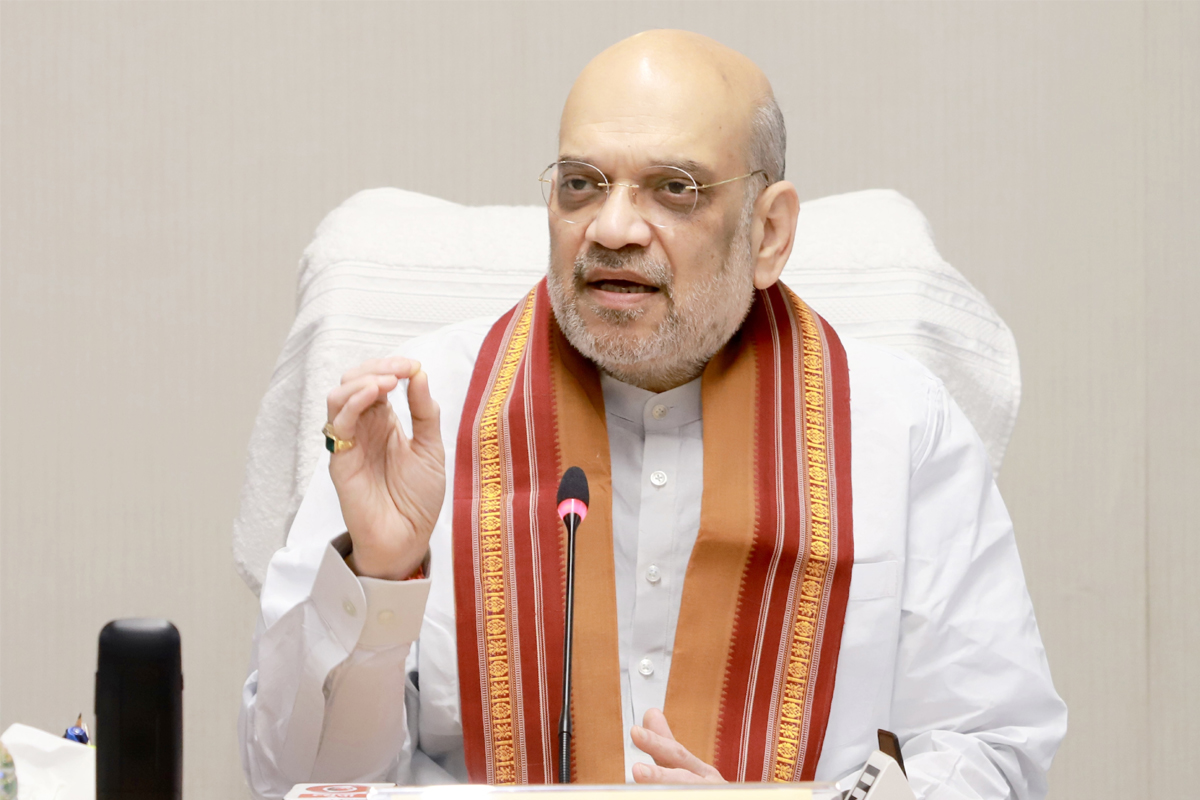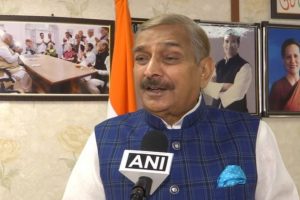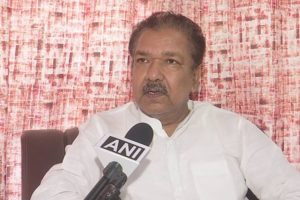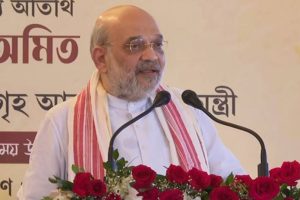Union Home Minister Amit Shah informed the Parliamentary Consultative Committee on Monday that efforts are underway to deploy Artificial Intelligence (AI) to identify mule accounts, in coordination with the Reserve Bank of India and other banks. This initiative aims to establish a system for detecting and closing mule accounts before they become operational.
Shah shared this update while chairing a meeting of the committee, which focused on ‘Cyber Security and Cyber Crime.’ During the meeting, Shah assured that the government is committed to ensuring the closure of mule accounts proactively, before they can be used for illicit activities.
The Home Minister also highlighted the government’s efforts to increase public awareness regarding cybercrime, stressing Prime Minister Narendra Modi’s mantra of ‘Stop-Think-Take Action’ to encourage vigilance among citizens.
Shah noted that the government has registered over 1.43 lakh FIRs through the I4C (Indian Cyber Crime Coordination Centre) portal, with more than 19 crore people using the platform. As a result of I4C’s recommendations, the government has blocked 805 apps and 3,266 website links to protect national security. Additionally, 399 banks and financial intermediaries have joined the initiative, leading to the identification of over 19 lakh mule accounts and the prevention of suspicious transactions worth Rs 2,038 crore.
The Home Minister also announced the establishment of Cyber Crime Forensic Training Labs in 33 states and union territories. On the ‘CyTrain’ platform, a Massive Open Online Course (MOOC), 101,561 police officers have registered, with over 78,000 certificates issued.
Shah pointed out that the expansion of digital infrastructure in India has naturally led to an increase in cyber-attacks. He emphasized that cyber fraud cannot be controlled without addressing the interrelationship between ‘software,’ ‘services,’ and ‘users’ in cyberspace.
Noting that cybercrime is a ‘borderless’ and ‘formless’ issue, Shah stated that it transcends geographical boundaries and has no fixed form. He also acknowledged India’s digital revolution, highlighting that 95% of villages in the country are digitally connected, and one lakh gram panchayats now have Wi-Fi hotspots.
The Minister also provided insights into the growth of India’s digital economy, revealing that in 2024, UPI transactions amounted to Rs 17.221 lakh crore. India accounted for 48% of global digital transactions in 2024, and the country has become the third-largest digital economy in the world. The digital sector contributed 12% of India’s GDP in 2023, creating nearly 15 million jobs.
Shah reiterated that the Ministry of Home Affairs’ goal is to achieve zero cybercrime cases and their corresponding FIRs. He outlined four key strategies to tackle cybercrime: Convergence, Coordination, Communication, and Capacity.
In conclusion, Shah urged committee members to promote the I4C helpline number 1930, which provides a one-point solution for cyber financial fraud, including services such as card blocking.
Committee members expressed support for the government’s efforts to enhance cybersecurity and provided suggestions to further strengthen measures against cybercrime.





